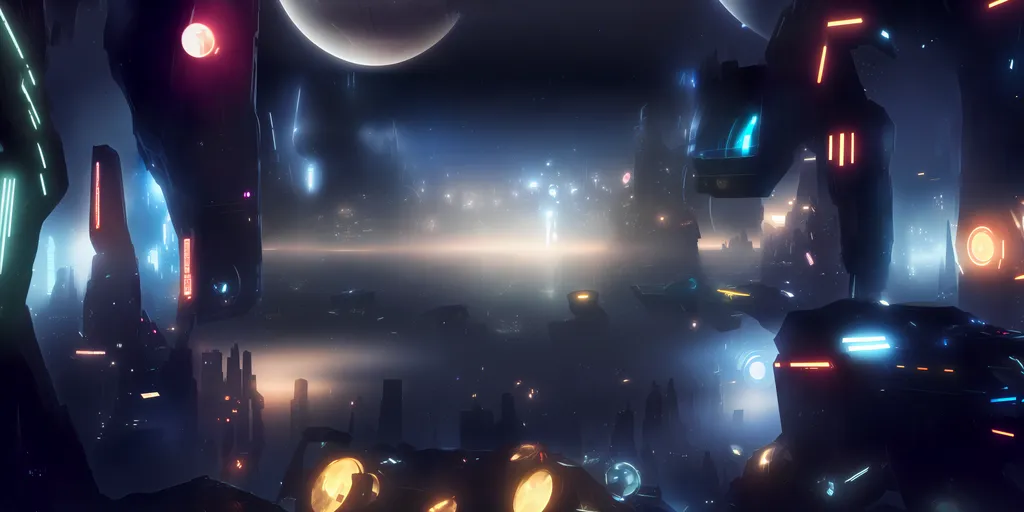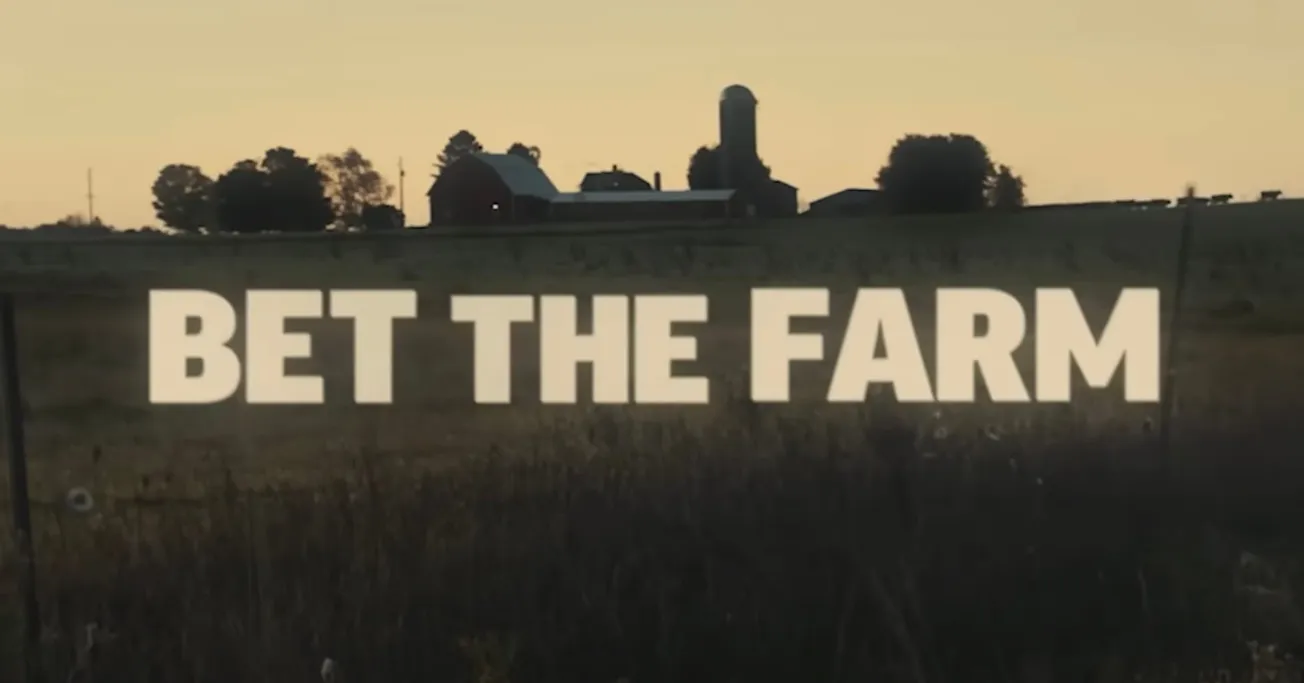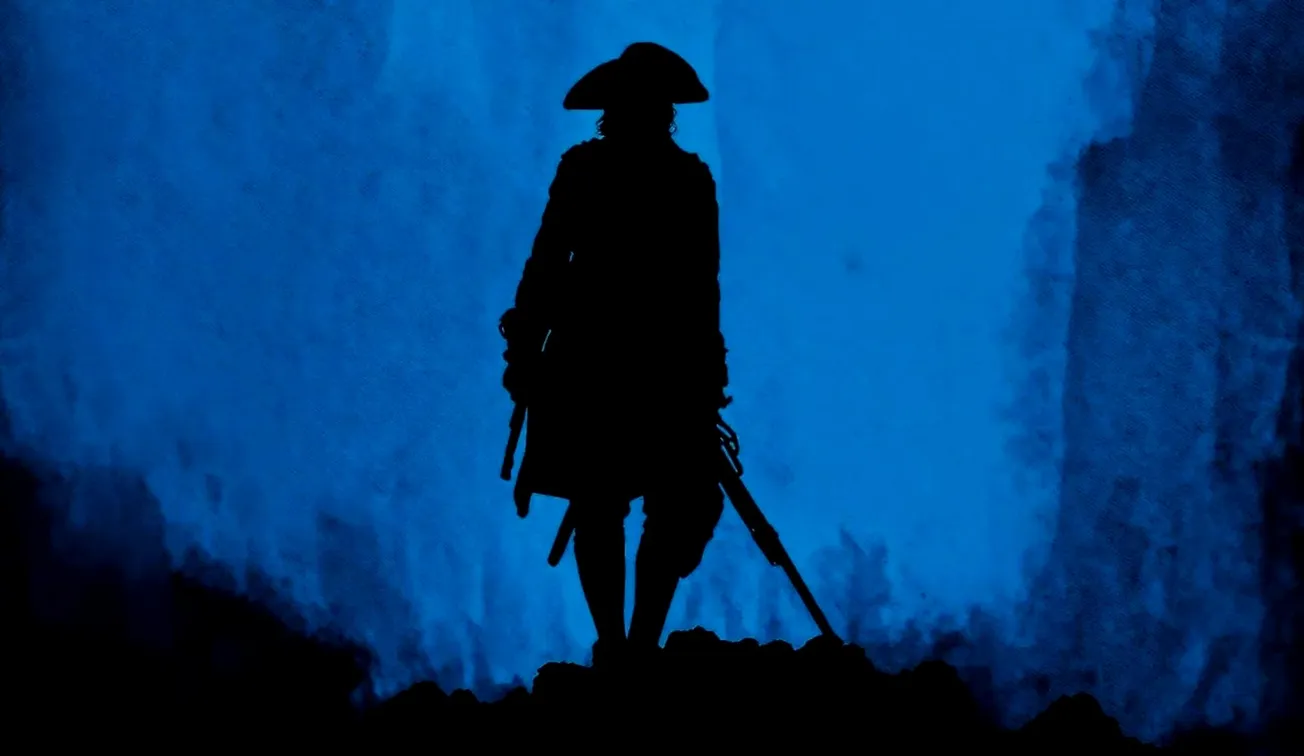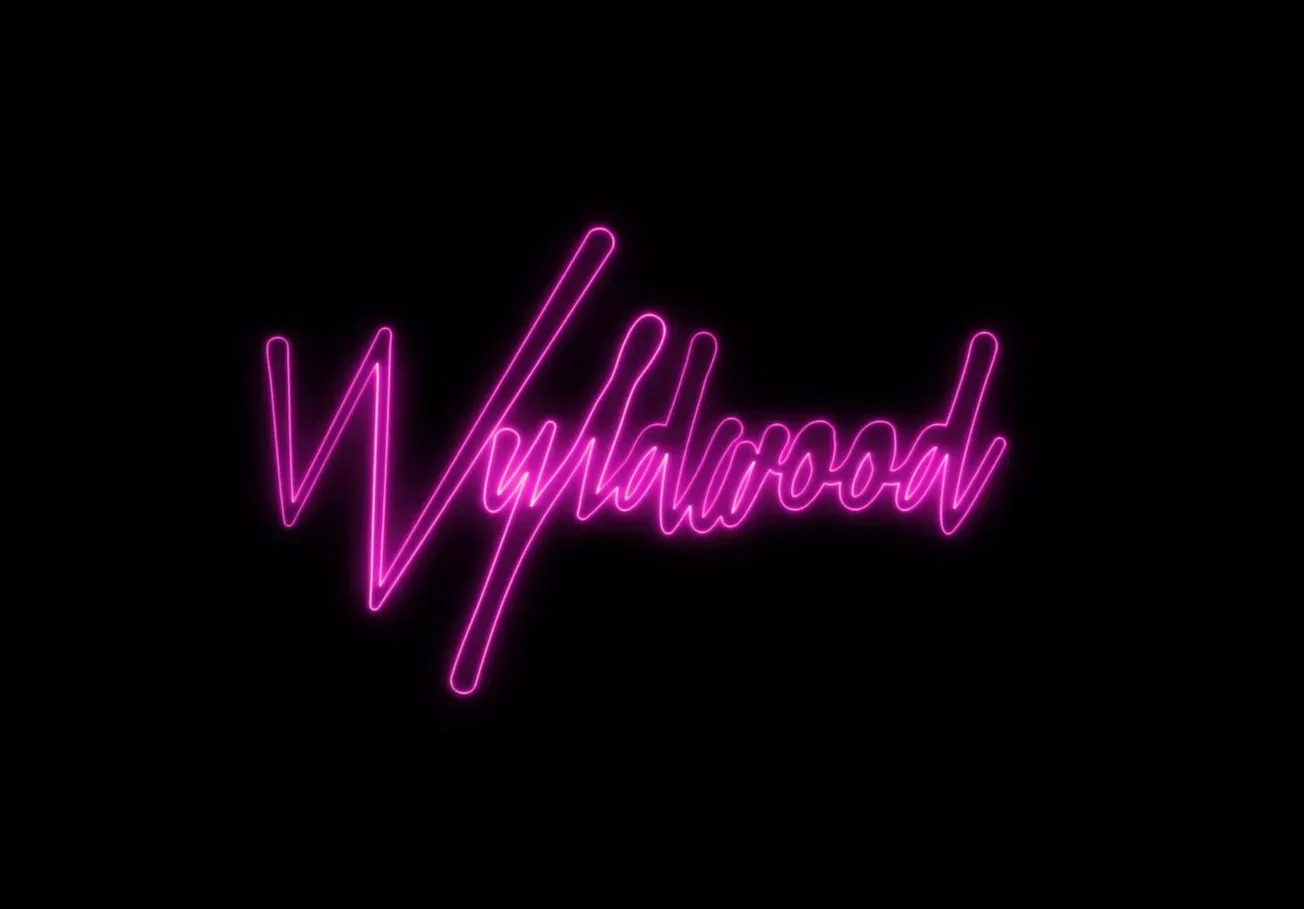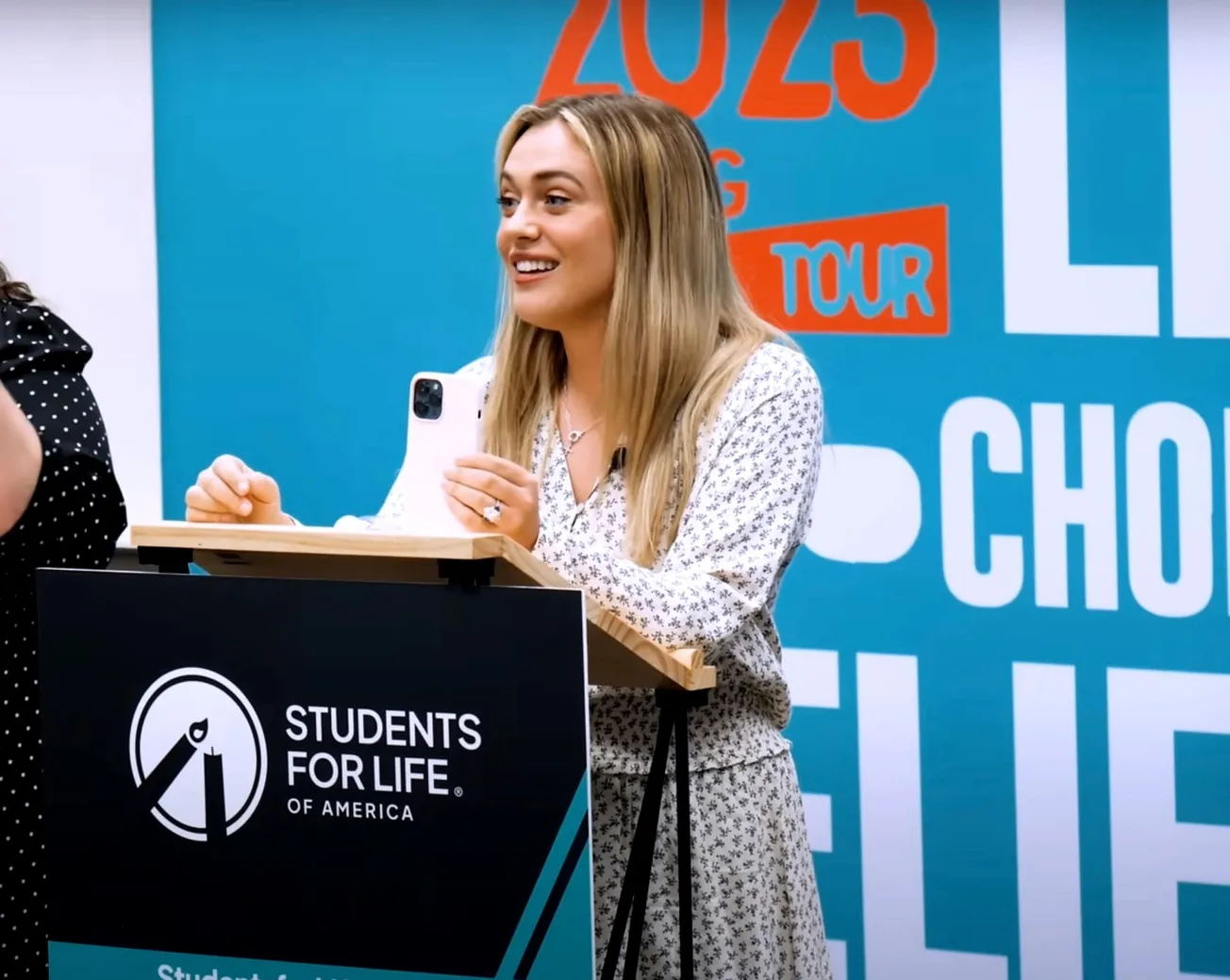Ruling in a case adjacent to the WGA & SAG/AFTRA strike, the court explicitly draws a line in the sand against machines being granted copyright. This follows in the same well-worn legal precedence we’ve known, which is that AI serves as a helper to artists like writers, photographers, musicians, etc to do quicker work, or as an idea generator, but not necessarily as a new competing artist in the field. The field gets to remain, human-kind.
The Hollywood Reporter reports, here.
However the question of whether AI waters down the creative vitality of artists remains of concern. Additionally, the question of “how much” contribution an AI may make to the final work that artists offer to their clientele before it becomes uncopyrighteable may be in question, depending upon who you ask. The court DOES provide for a line in which an artist may work to curate, organize, reorder, and manipulate AI work in the effort to create their own original works FROM it, but so far there is not a lot of legal precedence on the kinds, and amounts of curated AI work which may ride the line into unoriginal or uncopyrighteable, just yet. I’m sure some artists will ride that line in the near future to help the courts better make that determination, but so far, we at least know it’s POSSIBLE to copyright some AI work if the human artist involved reorganizes it in such a way that constitutes their own original work.
Suffice to say, this does not change the Strike in Hollywood, however, because this was already the assumption that artists and studios were working under. Writers may continue to use AI to help them write, just like their Final Draft program helps them to write, and visual artists may use AI to help create works they couldn’t do easily if they had to go without the AI.
Have you seen how Visual Effects artists, and Animators could use AI to speed up the process of making an animated film or series? This is highly groundbreaking work that Corridor Crew did here. But it shows just how useful AI can be when doing such intensive work in Hollywood (in this case, 2D & 3D animation).
Without following in this precedence, as we’ve done, AI work could become more expensive and not as accessible to artists. But as it is, such AI work becomes easier for individual artists to utilize. If an AI owned their own copyright, however, my view is that AI software would likely become more expensive and exclusive. Why? Because the AI companies would start owning the IP, which would make their AI brands and services more high-valued in the marketplace. AI itself would become a competitive artist, in its own right. AI companies would start creating original works on a massive scale, and start dominating the IP for those works. Licensing those works (stock AI art) would become highly competitive in the marketplace, pushing out major IP holders such as Getty Images. Our world would likely become even more littered by licensed AI artwork. And the AI artwork companies would become incredibly rich by comparison.
But, one good that may arise from this is that human artwork would be seen as distinct, and rare. AI art detection services would be universally applied in the art world. And in some ways, certain human artists may end up more revered than they are now. However, here’s the tough part, MOST artists will be unable to compete with AI, especially when it comes to industrialized art processes, and will likely end up paid even less than they are today.
Luckily this is not a world we have to contend with, currently, and hopefully it never will be. Instead, we have a useful tool in AI, if used effectively as an enhancement. This doesn’t mean you have no incentive or obligation to use your creative mind- quite the opposite.
Keep creating, artists, and maybe one day the ultimate art will be seen for what it is, a completely human creation, devoid of handicaps and cyborg enhancements that may only weaken the raw creative spirit. Knowing that without such dependencies upon the synthetic, we wouldn’t be able to draw ourselves out of a paper bag, we should be cautious moving forward into using the “AI slave” that eventually makes us the slave to it every passing day that way rely upon it. Maybe this ruling is a reminder that we can only rely upon it so much. For when we venture further into this dependence, we lose the creative right to call these products “our own”.
Did you enjoy this article? Did you learn anything new about AI or AI artworks? Let us know on our social media, or comment down below (with subscription).


